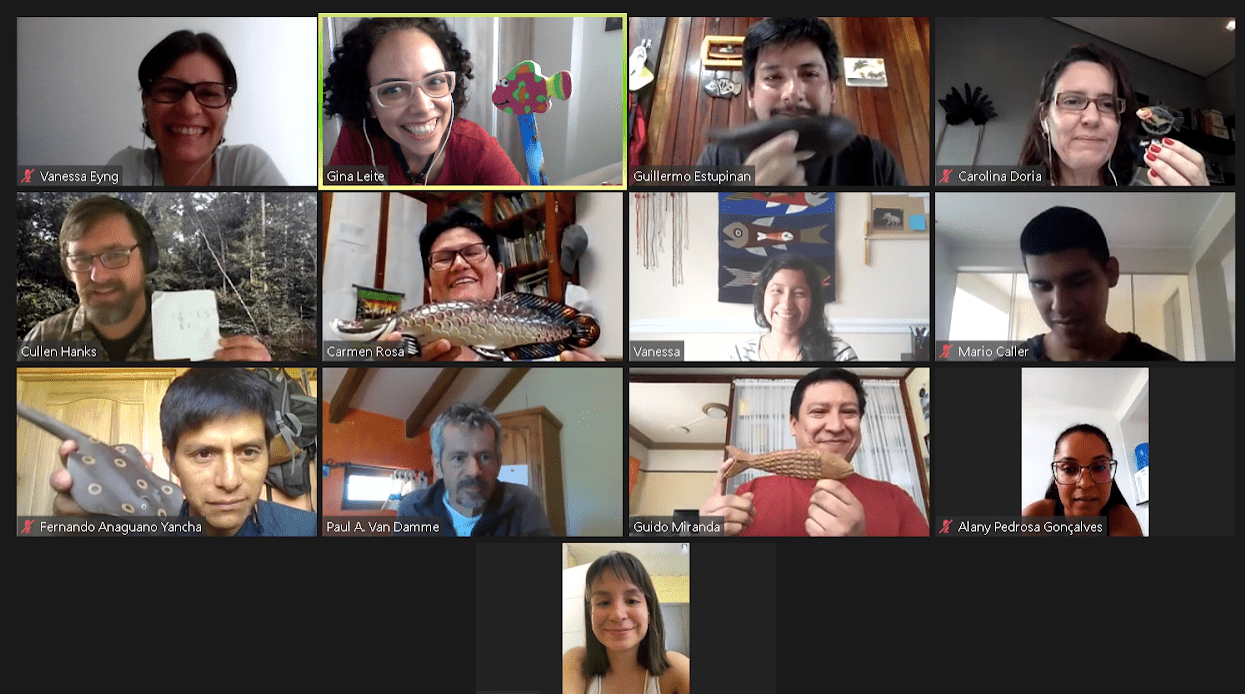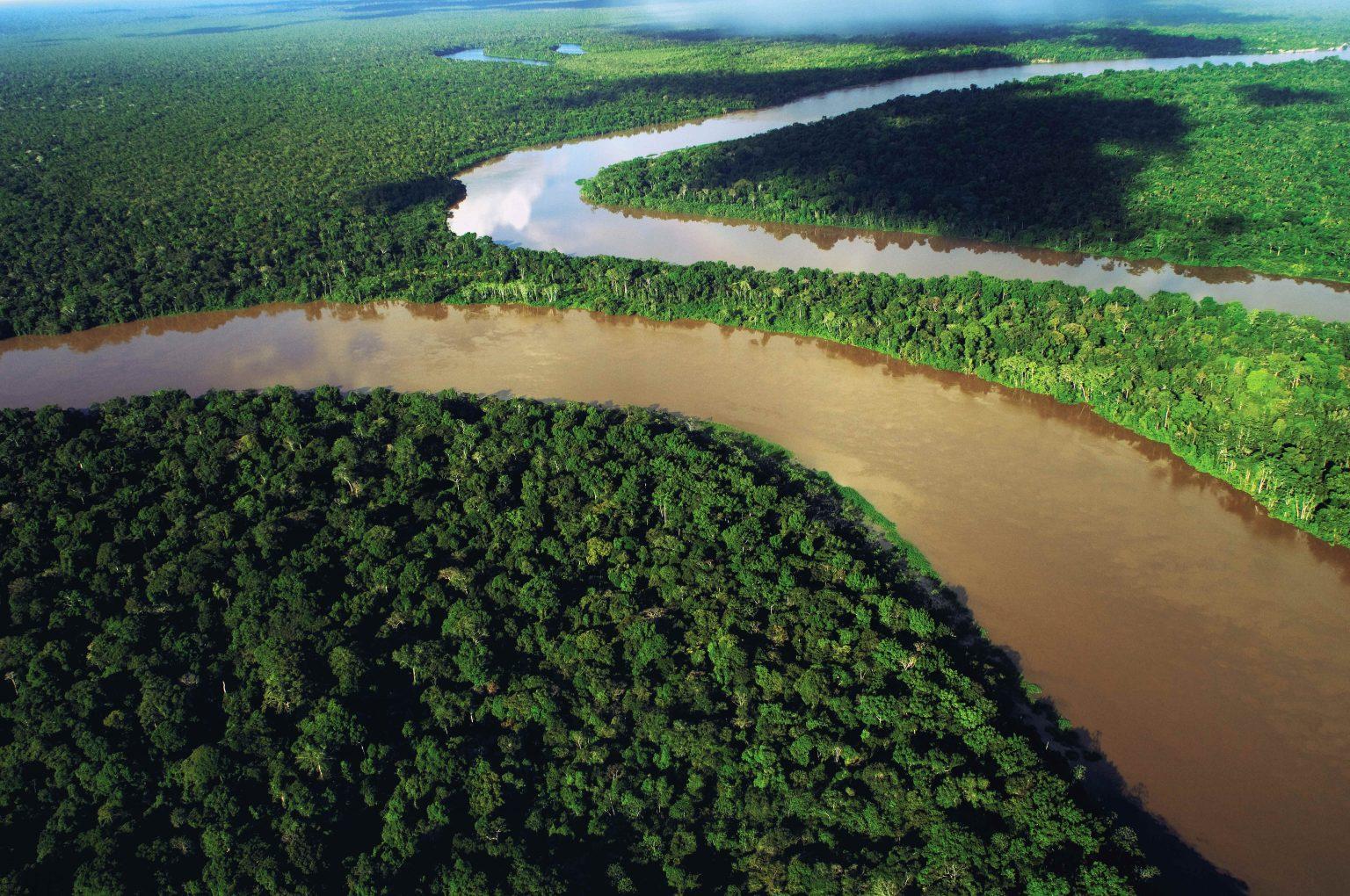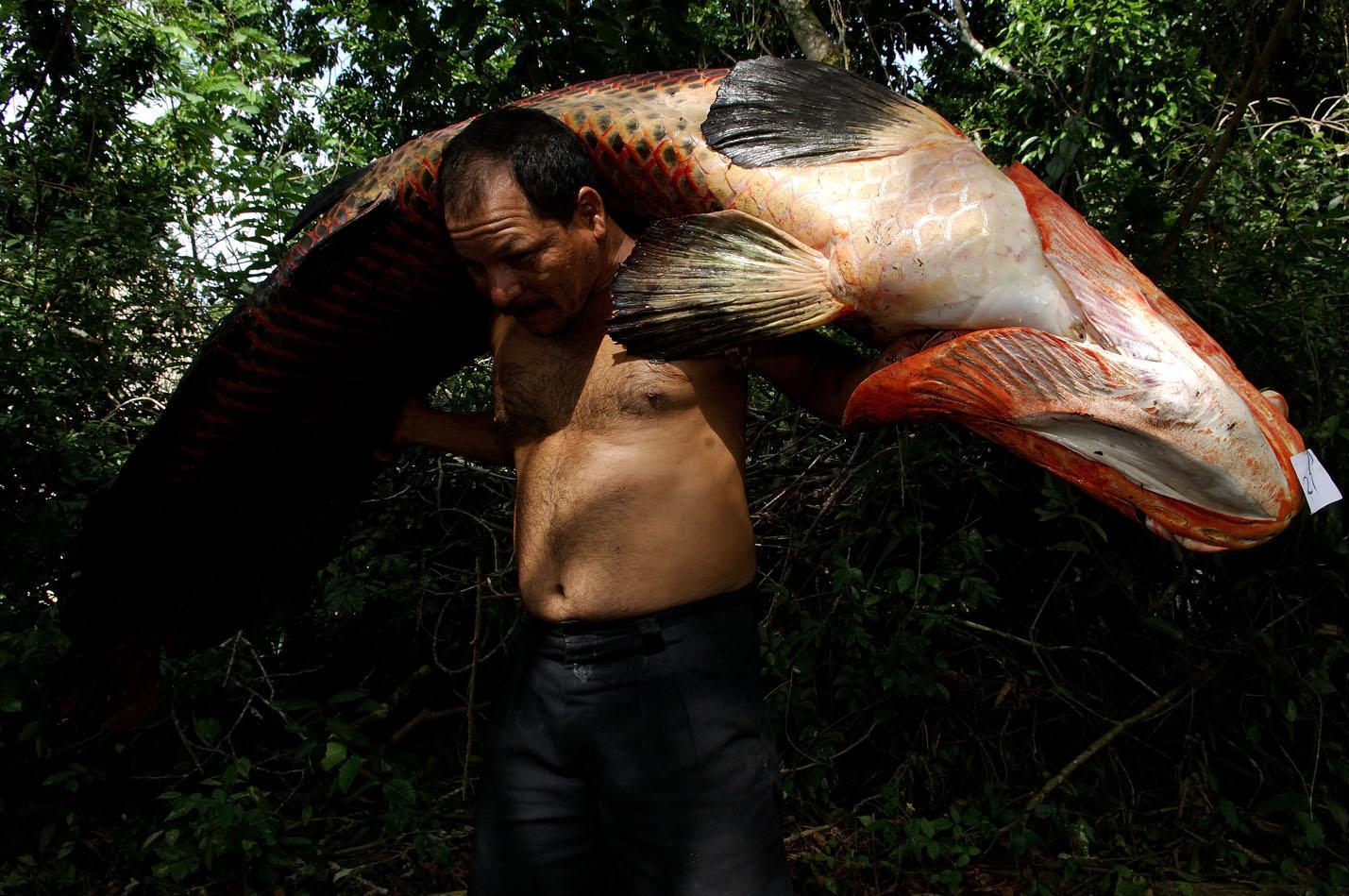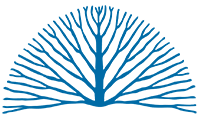In 2017, the Citizen Science for the Amazon Project was established under a conceptual framework of Amazon Waters as a regional space focused on a better understanding and conservation of the connectivity of the Amazon Basin, with approaches based on citizen participation and open science. The project was consolidated in 2019 with the formalization of the Citizen Science for the Amazon Network, which brought together 30 organizations and 10 individuals.
The Network’s main donor has been the Fundación Gordon y Betty Moore (link) which funded the Citizen Science for Amazon Project (2016 – 2019) implemented by WCS and which brought the Network into being; this project ended in June 2019.
After a longer process, WCS secured additional funding from the Gordon and Betty Moore Foundation to support the strengthening of the Network, under the context of the Amazon Freshwaters Conservation Project. This project has a broad goal focused on generating and sharing knowledge and data on aquatic ecosystems to make visible their contribution to sustainable development in the Amazon. This project has 3 components/objectives:

- Identifying preservation objectives for Amazonian aquatic ecosystems and the design of indicators and monitoring protocols for them; validated and widely disseminated.
- Strengthening of the Citizen Science Network for the Amazon as a key space to validate and disseminate information on the conservation of aquatic ecosystems in the Amazon.
- Data generation to contribute where applicable, through the implementation of citizen science projects in the field.
COVID-19 presented great challenges for the Network, making it impossible in the short term to hold in-person meetings, make international and national trips, and undertake field work in the Amazon. This forced us to think in a creative way about the design of a virtual assembly and several virtual meetings and webinars throughout 2020.
Below are listed some illustrative results:
- WCS secured additional support for technology development and on-the-ground implementation of citizen science projects for fish, water and environment, and community science in schools, with the objective of generating data on aquatic ecosystem preservation objectives throughout the Amazon (to be implemented until October 2021).
- CLO supports the development and implementation of Ictio.org with the Macaulay Lab and eBird infrastructure which is also at the disposal of Ictio.
- ProNaturaleza provided infrastructure for the implementation of a “community laboratory of ichthyology and aquatic biodiversity” (LACIBIO) and a boat to promote citizen science in the Machiguenga communities of the Urubamba River, Cusco region.
- UNIR submitted a proposal to USAID PEER in conjunction with several Network partners to standardize fisheries monitoring in the three Madeira Basin countries. Although the proposal was not accepted, the collaborative initiative remains.
- WCS Bolivia submitted a proposal to IAI in conjunction with several Network partners about resilient fisheries management in the Madeira Basin. Although the proposal was not accepted, the collaborative initiative remains.
- FIU supported its efforts and involvement in the Network with institutional funds and also with funds from existing agreements with the Tinker Foundation and the MacArthur Foundation that also support studies about rivers in the Andean-Amazon region.
COVID-19 placed significant constraints and challenges especially on the implementation of field activities during 2020 (at least). In this regard, the Network Management Team is in the meantime focusing its efforts on activities and products that can be generated remotely.
WHY DO WE FOCUS ON THE AMAZON BASIN?
Because it is the largest and most biodiverse freshwater system in the world!
A system that is completely interconnected by the rivers and by the fish that run through in them.
Because we still have much to learn on how it works, especially regarding the migrations of fish, one of the main sources of protein and economic income for millions of people.
BECAUSE OF ITS RIVERS
Keys to people’s lives in the Amazon. Rivers connect people, communities and cities. They provide people with water and food and are the basis of Amazonian cultures and traditions. They are also the main channels for the flow of water, sediment and nutrients, connecting habitats and forming the backbone of functioning aquatic ecosystems.
The Amazon River is the longest and mightiest in the world

BECAUSE OF ITS FISH
Migratory fish represent about 80% of the commercial catch. This is why they are so important for food security and the Amazonian economy.
+2400 described species. This represents 19% of the world’s known freshwater fish diversity.
BECAUSE OF ITS PEOPLE
33 million people live in the Amazon Basin. Home to 384 indigenous peoples and nationalities with fundamental traditional knowledge about the rivers and the fish.
Comprising 8 countries

